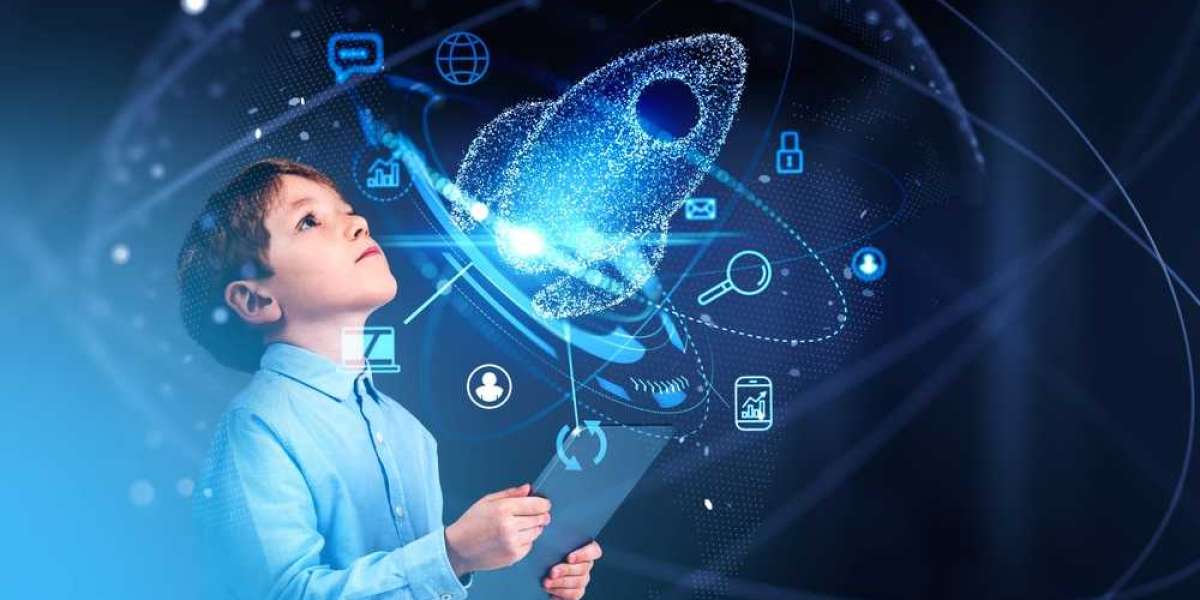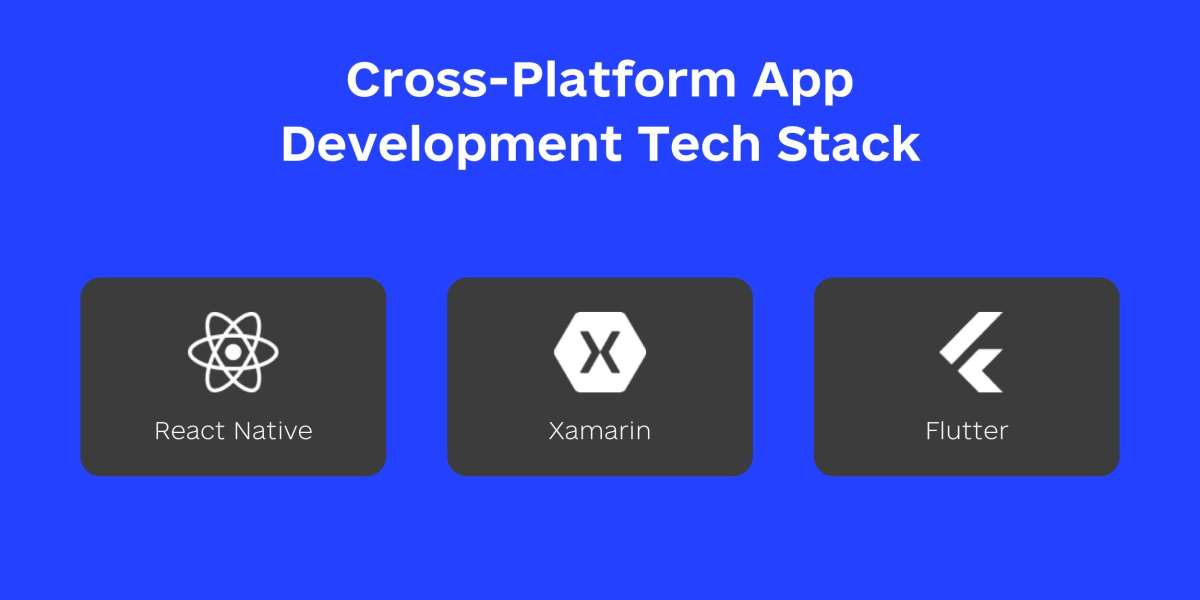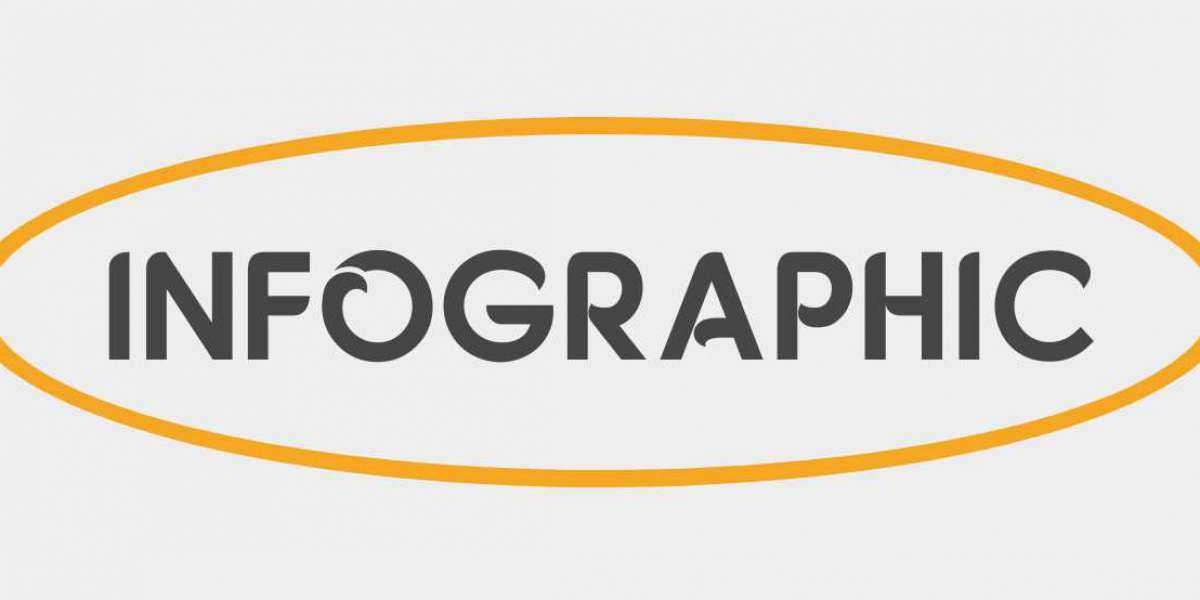Introduction
Education has long been regarded as the cornerstone of personal and societal development. It is the means through which knowledge is transferred from one generation to another, and it plays a pivotal role in shaping the minds of individuals. This article explores the various dimensions of education and how it empowers minds to excel in an ever-evolving world.
Education: A Path to Enlightenment
At its core, education is a journey towards enlightenment. It provides individuals with the tools to understand the world around them, to question, and to seek answers. Through formal education, individuals gain a deeper understanding of diverse subjects, from mathematics and science to literature and the arts.
The Cognitive Development Journey
Education is not just about acquiring facts; it's about developing cognitive abilities. It enhances critical thinking, problem-solving, and decision-making skills. As students grapple with complex concepts and engage in discussions, their cognitive abilities are honed, preparing them for a lifetime of learning.
Fostering Creativity and Innovation
One of the most significant gifts of education is the encouragement of creativity and innovation. In classrooms, laboratories, and libraries, students are inspired to think outside the box, explore new ideas, and develop solutions to pressing problems.
Equity and Access in Education
Education is a powerful tool for social equity. It should be accessible to all, regardless of socio-economic background, race, or gender. When education is inclusive, it empowers marginalized communities, breaking the cycle of poverty and discrimination.
Education for Personal Growth
Beyond academics, education nurtures personal growth. It instills values, ethics, and social responsibility. Students learn not only about the world but also about themselves, fostering self-awareness and emotional intelligence.
Education's Role in Social Change
Education has historically been a catalyst for social change. Movements for civil rights, gender equality, and environmental conservation have often been led by individuals with a strong educational foundation. It empowers individuals to advocate for a better world.
Challenges in Modern Education
While education is transformative, it faces numerous challenges in the modern era. Overcrowded classrooms, outdated curricula, and the digital divide are just a few of the hurdles that need to be addressed to ensure effective education for all.
Adapting to Technological Advancements
The digital age has revolutionized education. From online learning platforms to virtual reality classrooms, technology has opened new avenues for education. Adapting to these advancements is crucial for empowering minds in the 21st century.
The Teacher-Student Dynamic
The relationship between educators and students is at the heart of education. A supportive and inspiring teacher can make a profound impact on a student's life, fueling their passion for learning and personal growth.
Empowering Minds: Preparing for the Future
In a rapidly changing world, education is the compass that guides individuals towards a successful future. It equips them with skills and knowledge to adapt to new challenges and seize opportunities.
Global Perspectives on Education
Education varies across the globe, with each culture adding its unique flavor to the learning experience. Understanding these global perspectives enriches education and fosters cross-cultural understanding.
Measuring the Impact of Education
Quantifying the impact of education can be challenging, but it's essential. Researchers and policymakers continually assess educational outcomes to ensure that education systems are effective in empowering minds.
Conclusion
Education is the key to unlocking human potential. It empowers minds to think critically, fosters creativity, promotes social change, and prepares individuals for the future. As we navigate the complexities of the modern world, let us remember that education remains the beacon of hope and progress.
Frequently Asked Questions (FAQs)
How does education empower individuals? Education empowers individuals by providing them with knowledge, critical thinking skills, and personal growth opportunities.
Why is access to education important? Access to education is crucial because it promotes social equity and breaks the cycle of discrimination and poverty.
What role does technology play in modern education? Technology has transformed education by offering new learning platforms and tools that enhance the learning experience.
How can educators inspire students? Educators can inspire students through supportive teaching methods, mentorship, and creating engaging learning environments.
What is the global perspective on education? Education varies worldwide, reflecting diverse cultures and traditions, enriching the global educational landscape.








